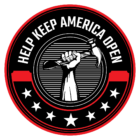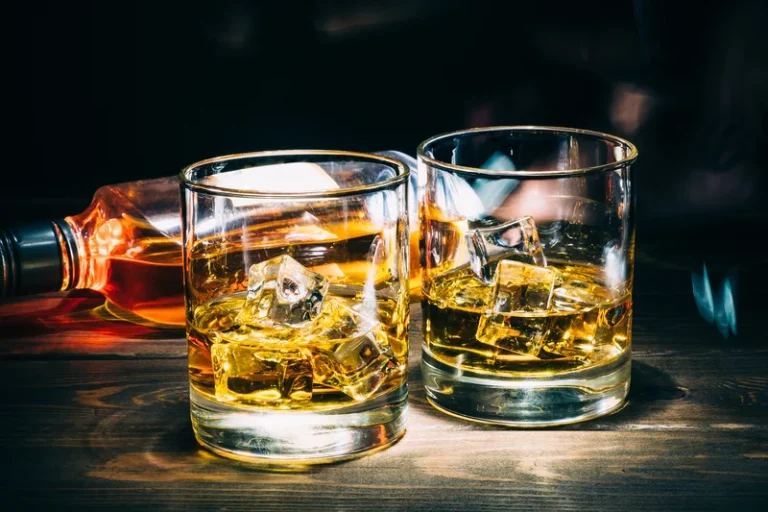
It can help you feel less shy, give you a boost in mood, and make you feel generally relaxed. In fact, alcohol’s effects can be similar to those of antianxiety medications. Read more about depressive psychosis, how it’s treated, and what healthcare professionals understand about why it occurs. It’s common for people to experience “baby blues,” or feelings of sadness or emptiness after childbirth.
Depression symptoms
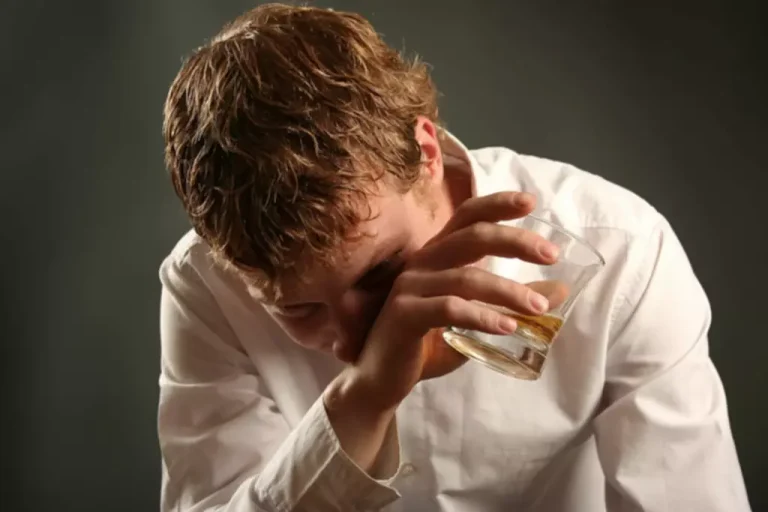
Walking, running, jogging, and even gardening can help reduce the severity of depressive symptoms. There are many different classifications of depressive disorders as symptoms can manifest in many ways, leading to different diagnoses and treatment options. Though these types of feelings and experiences are universal, they usually resolve themselves in short periods. There is a significant difference between “feeling depressed” and experiencing a depressive disorder.
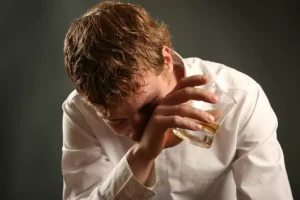
Does Depression Drive You to Drink Alcohol?
Examples of tricyclic antidepressants include amitriptyline (Elavil), doxepin (Sinequan), imipramine (Tofranil), trimipramine (Surmontil), desipramine (Norpramin), nortriptyline (Pamelor, Aventyl), and protriptyline (Vivactil). The causes of depression are often tied to other elements of your health. Opinions expressed in contributed articles do not necessarily reflect the views of NIAAA.
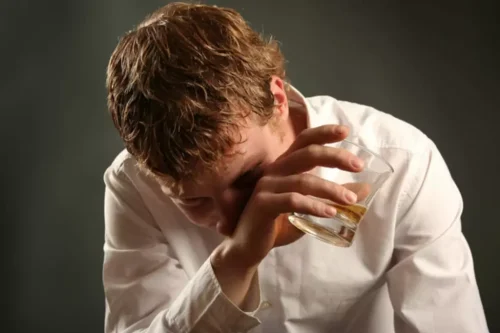
Major depressive disorder
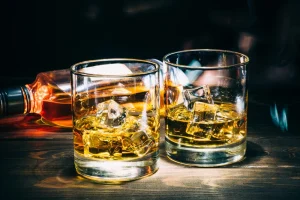
“Therapeutic interventions designed to address both issues often include a focus on addressing emotional pain or trauma, as well as developing and practicing healthy coping behaviors,” says Kennedy.
When to see a doctor
- Having either depression or alcohol use disorder increases your risk of developing the other condition.
- Over time, consuming too much alcohol can lead to blackouts, loss of memory, and even brain damage (especially if it causes other health problems, such as liver damage).
Some research suggests this compound may ease symptoms of depression. However, the results of this research is not conclusive and more research is needed. These options include electroconvulsive therapy (ECT) or repetitive transcranial magnetic stimulation (rTMS) to treat depression and improve your mood.
Alcohol use disorder can include periods of being drunk (alcohol intoxication) and symptoms of withdrawal. A combination of alcohol use and depression can create difficulties in alcohol and depression treatment. A person who uses alcohol and who has depression may not be able to tell which symptoms are due to which issue until they seek treatment. A person should also monitor their reaction to alcohol when using antidepressants. Some people who take selective serotonin reuptake inhibitors (SSRIs) may become severely intoxicated when they use antidepressants. In this article, learn more about the links between alcohol and depression, as well as when to see a doctor.
Can alcohol cause anxiety?
- Many studies have found that alcohol dependence is closely linked to depression.
- Your symptoms can range from mild to severe and can include drinking more than you meant to, having trouble cutting back on drinking when you try, or being unable to quit drinking even though it’s causing problems in your daily life and relationships.
- Another way that depression could lead someone to drink alcohol is through changes in their brain as a result of depression.
- Schuckit and colleagues have studied the rates of psychiatric disorders in COA’s from a variety of perspectives.
- However, alleviating depression does not resolve the alcohol use disorder.
But she still felt that drinking helped — rather than hurt — her mood. As shown in the schematic, AUD and other mental health disorders occur across a spectrum from lower to higher levels of severity. For patients in the middle, with up to a moderate level of severity of AUD or the psychiatric disorder or both, a decision to refer should be based on the level of comfort and clinical judgment of the provider. If you drink regularly to manage depression symptoms, it may have be beneficial to work with a therapist who specializes in treating co-occurring depression and alcohol use. The aforementioned depressive disorders each have slightly different diagnostics criteria. Simultaneous treatment for alcohol misuse and a depressive disorder can help you or your loved one take back control of your mental health, physical wellbeing, and overall happiness.
It is very effective, potentially even more effective than TMS for those with severe depression. Reactive depression, also referred to as psychological depression, is the traditional representation of what a major depressive episode may be. In some people, the initial reaction may feel like an increase in energy. But as you continue to drink, https://ecosoberhouse.com/ you become drowsy and have less control over your actions.
Alcohol and depression
Below, people who experienced this connection firsthand share how their drinking and depression fueled each other — and how they ended the cycle. If you’ve ever used alcohol to deal with feelings of depression, you may have found that after your buzz wears off, you’re left feeling even lower than before. One way to help treat low motivation and energy is through using low-dose stimulants. Certain medications and types of antidepressants include stimulants to assist in getting a person back to their normal daily activity. Antidepressants focus on treating the dopamine, serotonin, and norepinephrine neurochemical receptors by promoting increased chemical balance within the brain.
Can Alcohol Make Depression Worse?
Shortly after becoming a mother, Kitley began coping with her depression through binge drinking. Whether for you or a loved one who is struggling with depression and alcohol use, it is extremely important to make a change as soon as possible. For some, the spiritual element of support can play a significant role in recovery. This can look different for everybody, as some find support in attending religious services, spending time in nature, or exploring one’s own connection to the world around them. Medication can provide consistent support to help with the mental and physical effects of depression. Anyone who suspects they have depression or who would like to reduce their alcohol intake but are having trouble should see a doctor.
